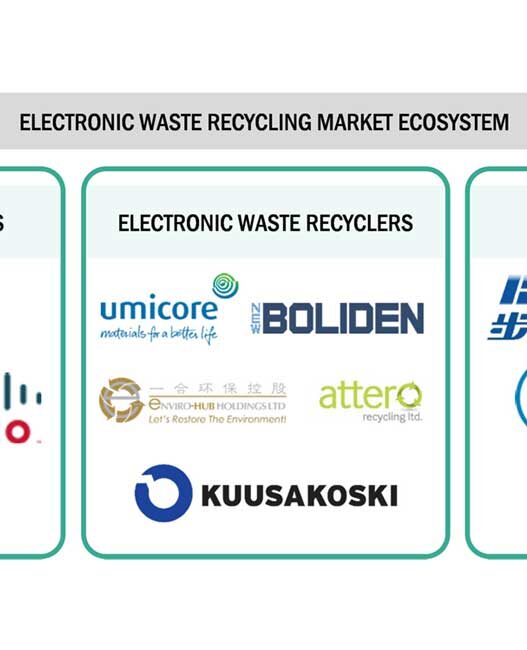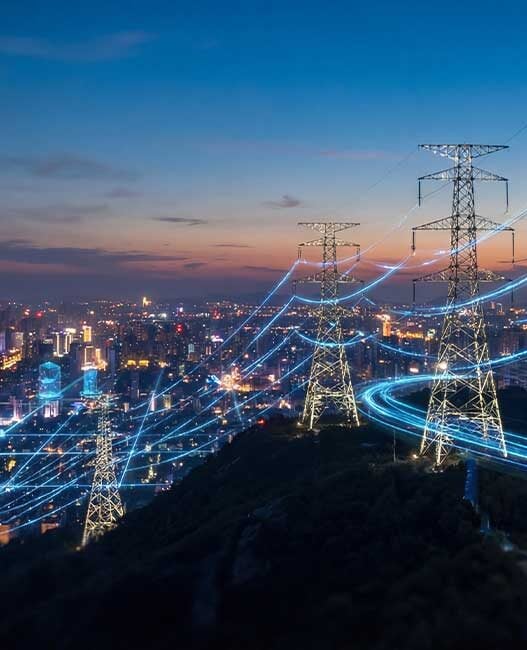Coral reefs are among the most biologically diverse ecosystems worldwide, but also among the most endangered. While climate change, ocean acidification, and fishing contribute to reef deterioration, anthropogenic noise (human-made noise pollution) has been increasingly acknowledged for its negative impact on coral reef ecosystems.
Motorboat sound pollution is a major — and often deadly — menace to the many species living around reefs.
In a 2022 study published in Nature, scientists at the Great Barrier Reef found that the sounds from small outboard engines rendered fish unable to respond to alarm odours with an antipredator response, making them vulnerable and passive.
When scientists at another part of the Great Barrier Reef experimented with limiting the number of boats within 100m of a reef, they found that fish offspring increased their likelihood of survival by 100%.
While there were more than 90,000 motorboats registered on the Great Barrier Reef alone, there’s hope that the oceans surrounding coral reefs could be a lot quieter in the future – at least that is the vision laid forth by Candela, the Swedish tech company behind the recently launched Candela P-8 Voyager, an 8-passenger electric hydrofoil vessel, which is dubbed the first “electric exploration vessel made specifically for zero-impact tourism in sensitive waters”.
Flying on computer-guided underwater wings, hydrofoils, the P-8 Voyager barely creates a discernible wake as it skims across the surface at 30 knots. The low wake is a testament to the P-8’s energy efficiency, which in turn gives it unprecedented electric range and speed. For the coral reefs, this also means zero wake erosion, which otherwise is a threat, especially in shallow waters.
Powering the electric speedboat is the most silent marine motor ever– the company’s proprietary Candela C-POD motor. It’s torpedo-shaped casing contains two permanent electric motors that directly drive the propellers, eliminating the need for a noisy mechanical transmission. Even at high speeds, the Candela C-POD is barely audible for the human ear.
”Conventional speedboats – such as tourist RIBs – user huge amounts of petrol, and as their hulls displace water, waves are formed that erode shorelines and damage coral reefs and other sensitive ecosystems. Other problems are oil leaks, exhaust emissions, and of course sound pollution. Candela P-8 Voyager addresses these problems, while offering a better experience for passengers”, says Gustav Hasselskog, CEO and founder of Candela Technology, based in Stockholm.
Being 90-95% cheaper to run than combustion engine boats, the efficient P-8 Voyager also offers a clear incentive for tour boat operators that wish to switch to a more sustainable form of reef tourism.
Joining leaders and stakeholders from across the globe during Wednesday’s COP27 Summit, Gustav Hasselskog will be interviewed at the COP 27 Climate Hub and talk about Candela’s vision for silent, emission-free maritime transport and the company’s game-changing fleet of electric hydrofoil vessels, which currently is being built and further developed in Stockholm.
Candela’s zero-impact vessels are available for media test drives in Stockholm.
















